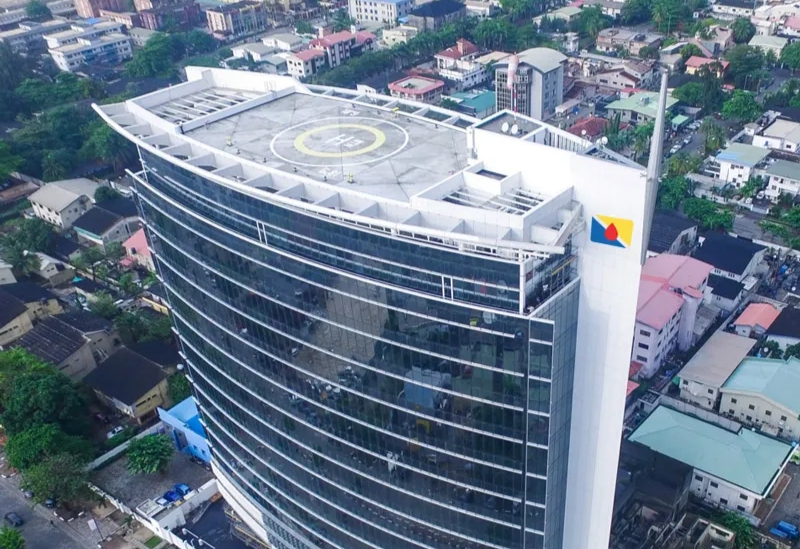
* NAFDAC to recruit 1,000 staff
Onyebuchi Ezigbo in Abuja
The Federal Government has formally outlawed the production, sale and distribution of alcohol beverages in sachets and 200 milligrammes bottles.
The National Agency for Food and Drugs Administration and Control (NAFDAC) said that enforcement measures will commence by January 1, 2026.
As part of measures to beef up its workforce so as to improve NAFDAC’s regulatory enforcement, the agency said that the Federal Government has granted its request to recruit additional 1,000 staff starting from December.
Addressing journalists in Abuja on Tuesday, the Director General of NAFDAC, Prof. Mojisola Adeyeye, said that following the resolution of the Senate and directive by the Federal Ministry of Health and Social Welfare, the agency has approved a total ban on the sale of alcohol beverages in sachets and small-volume PET/glass bottles (below 200ml) by December 2025,
Adeyeye said: “This decisive action, ordered by the Nigerian Senate and backed by the Federal Ministry of Health and Social Welfare, underscores the agency’s statutory mandate to safeguard public health and protect vulnerable populations—particularly children, adolescents and young adults—from the harmful use of alcohol.”
The NAFDAC boss said that proliferation of high-alcohol-content beverages in sachets and small containers has made such products easily accessible, affordable and concealable, leading to widespread misuse and addiction among minors and commercial drivers.
She also said that the uncontrolled sale of alcohol in various forms and quantities is assuming not only a health risk but a national security threat as early consumption of alcohol by youths ultimately leads to drug intake and crime.
“This public health menace has been linked to increased incidences of domestic violence, road accidents, school dropouts, and social vices across communities,” she said.
According to Adeyeye, the ban is not punitive; but protective.
“It is aimed at safeguarding the health and future of our children and youth. The decision is rooted in scientific evidence and public health considerations. We cannot continue to sacrifice the well-being of Nigerians for short-term economic gain.
“The health of a nation is its true wealth. NAFDAC reiterates that only two categories of alcoholic beverages are affected by this regulation—spirit drinks packaged in sachets and small-volume PET/glass bottles below 200ml,” Adeyeye said.
While recounting the series of engagements the agency made to discourage proliferation of alcohol consumption, she said: “In December 2018, NAFDAC, the Federal Ministry of Health and the Federal Competition and Consumer Protection Commission (FCCPC) signed a five-year Memorandum of Understanding (MoU) with the Association of Food, Beverage and Tobacco Employers (AFBTE) and the Distillers and Blenders Association of Nigeria (DIBAN) to phase out sachet and small-volume alcohol packaging by January 31, 2024.
“The moratorium was later extended to December 2025 to allow industry operators to exhaust old stock and reconfigure production lines. NAFDAC emphasizes that the current Senate resolution aligns with the spirit and letter of that agreement and with Nigeria’s commitment to the World Health Organization’s Global Strategy to Reduce the Harmful Use of Alcohol (WHA63.13, 2010), to which Nigeria is a signatory.”
The DG urged stakeholders, including manufacturers, distributors and retailers, to comply fully with the phase-out deadline, as no further extension will be entertained beyond December 2025.
On strategies for enforcement of the ban, Adeyeye said NAFDAC will continue to work collaboratively with the Federal Ministry of Health and Social Welfare, the Federal Competition and Consumer Protection Commission (FCCPC), and the National Orientation Agency (NOA) to implement nationwide sensitization campaigns on the health and social dangers associated with alcohol misuse.




